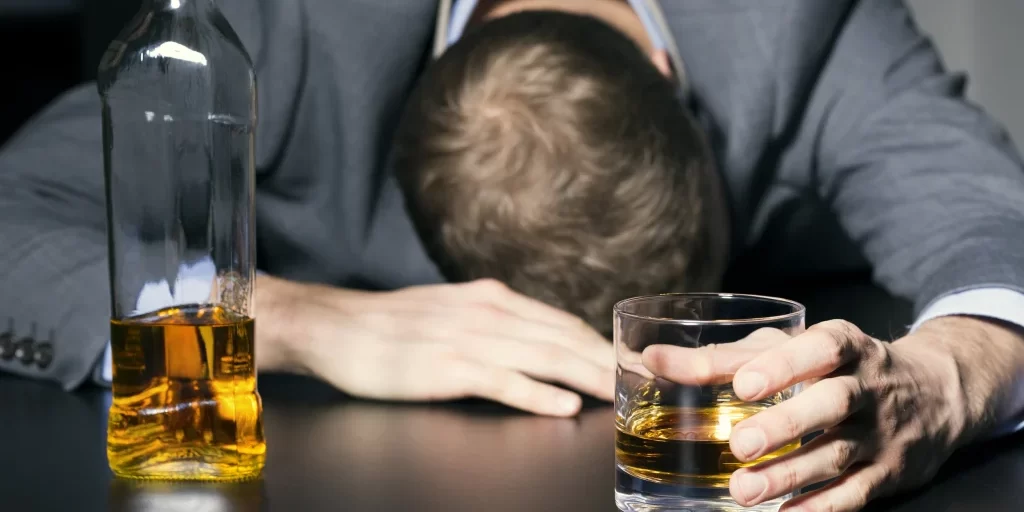I vow not to misuse drugs or alcohol, but to keep the mind clear.
Intoxicants can be very different. The most obvious are substances like alcohol or drugs. They are perhaps the most difficult to deal with because they can create a physical addiction and the body craves them. But other innocent substances like sugar can also cause physical dependence. Bacteria in our guts can produce substances that affect our brains and stimulate us to seek out the food they like.
I used to work with people addicted to alcohol in Poland. The percentage of those who could “stay dry” was very small. So it is better not to let it get that far, because it can be very difficult to get back.
It is hard to speak of liberation when someone is controlled by this kind of habit. However, there are exceptions like Chogyam Trungpa, who struggled with many addictions but was also able to have an impressive clarity of mind. It is rather an exception, and if someone has the aspiration to pursue spiritual practice, it is probably better not to develop this kind of habit.
Intoxicants can also be an obstacle, even if it is not a formal addiction. Some of them can be very subtle, e.g., computers, TV, idle talk, etc. Almost anything can become an intoxicant. So we need another criterion to decide what is undesirable.
Anything that is capable of stealing our attention is better to be avoided. On the other hand, anything that diverts our attention to practice is helpful. We can observe during sesshin that our mind calms down by itself under these favorable conditions. However, I also see more and more that practice is not about deep samadhi. The practice is about overcoming difficulties. To learn how to do that, we need to practice the real situations. So sometimes it is useful to get lost in the wheel of samsara to learn more about our patterns. Thanks to that, we will be more immune to temptations next time.
My mind can be very skillful in finding ways to avoid clarity. I can overeat to dull myself. I can get caught up in thousands of projects and lose myself in something “very important.” Thanks to practice, I have been able to learn more about my habits. I still feel that I am too weak and that I am dominated and controlled by my patterns. So it is important to create an optimally challenging situation.
I have also discovered that many of my patterns of dulling myself have a long history, much longer than my lifetime. I find many of these patterns in my family members and the conditions they had to live under.
Personally, I am against being too strict on this precept. Having a beer with friends is not a big obstacle for me. In Poland, drinking alcohol is a social tradition. It can bring a lot of joy and richness to interactions with friends. Of course, everything has to be balanced. The criterion, as always, is whether I choose to do it and take responsibility for the consequences, or whether it is beyond my control. If I am not able to control what happens after I have had a glass of wine, it’s probably better to do without.








Hello ! You’ve got the point about intoxicants .
what do you think about my article ? :
https://jiskr.com/intoxicants/